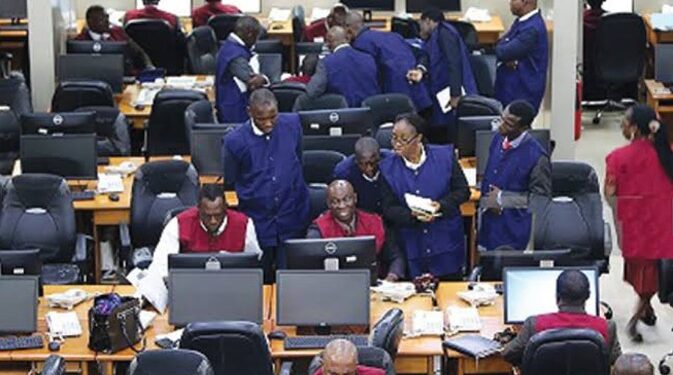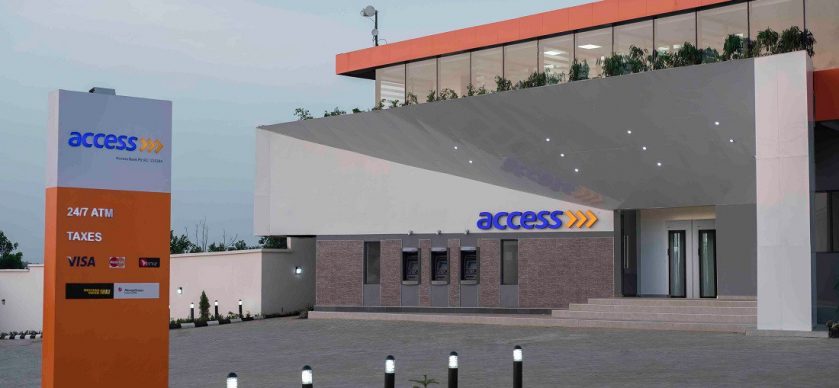Economy
AfDB Unveils $650m Annual Economic Support Plan for Nigeria

The African Development Bank Group has rolled out a new five-year Country Strategy Paper for Nigeria, pledging approximately $650 million each year from 2025 to 2030.
The initiative is aimed at fostering economic transformation, building national resilience, and promoting inclusive prosperity.
In a statement, the Bank revealed that $2.95 billion will be disbursed over the first four years of the strategy, with an additional $3.21 billion expected through partnerships with other development financiers.
The plan is anchored on two core priorities: advancing sustainable, climate-resilient infrastructure to improve competitiveness and industrialisation, and driving green growth that is inclusive of youth and women.
The strategy targets Nigeria’s significant infrastructure deficit—estimated at $2.3 trillion between 2020 and 2043—through investments in eco-friendly road networks, expanded electricity access, clean water infrastructure, and agribusinesses that create jobs, especially for young people and women.
These efforts are projected to support the country’s goal of expanding its economy to $1 trillion and generating over 1.5 million jobs.
The Bank’s strategic framework aligns with Nigeria’s broader development plans, including Agenda 2050, the 2021–2025 National Development Plan, and the Renewed Hope Agenda of 2023.
It also aims to strengthen Nigeria’s integration into the African Continental Free Trade Area by improving energy supply, transport systems, and market accessibility for farmers and entrepreneurs.
Speaking on the new initiative, Abdul Kamara, Director General of the Bank’s Nigeria Office, stated: “This strategy marks a new chapter in our partnership with Nigeria. Our investments in infrastructure and inclusive agriculture are paving the way for prosperity across the nation.”
The programme is designed to benefit millions—ranging from women and youth to small and medium enterprises, state institutions, and rural populations—by enhancing financial access, supply chain efficiency, skills development, and entrepreneurial opportunities.
The Bank noted that initiatives like the Affirmative Finance Action for Women in Africa will offer tailored support to female entrepreneurs, while youths will receive skills training to combat unemployment.
Additionally, by investing in climate-smart infrastructure and agricultural systems, the strategy aims to boost the country’s resilience to environmental challenges such as flooding and droughts, reduce conflicts between farmers and herders, and build a stronger, more unified economy.



